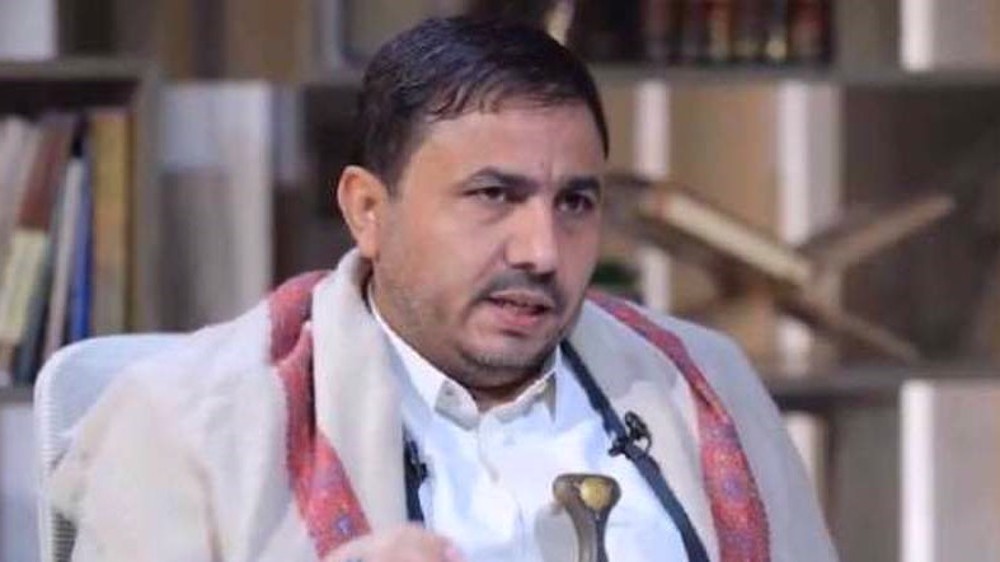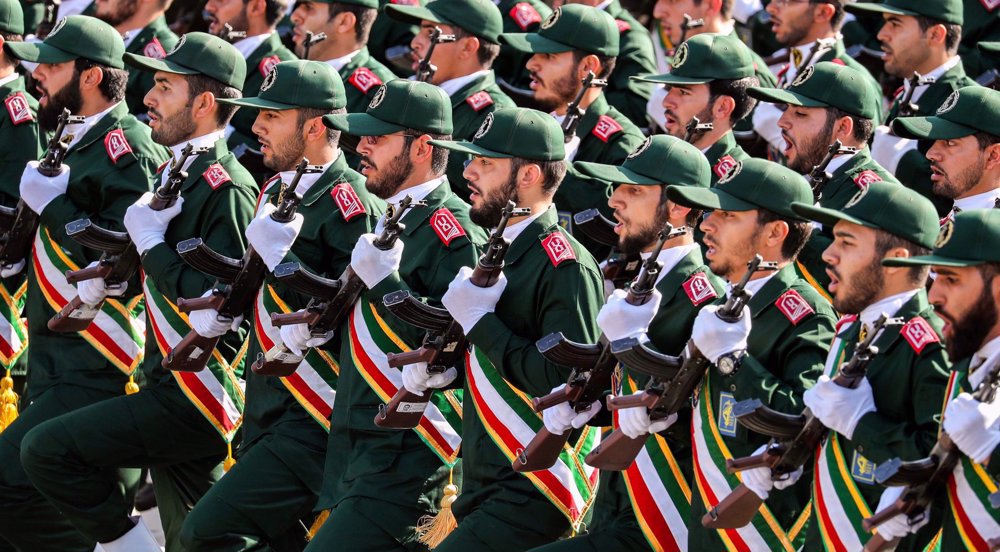Saudi side agrees to new Yemen talks amid backlashes
The UN special envoy to Yemen says warring sides in the most impoverished Arab nation will meet in Geneva next month to discuss a transitional governance deal.
Consultations are due to begin in Geneva on Sept. 6 on a framework for peace talks and confidence-building measures, Martin Griffiths said in remarks published by Saudi-owned Asharq al-Awsat newspaper Saturday.
The UN, he said, is primarily trying to reach an agreement between the Saudi-backed side and Yemen's Houthis "on the issues essential to ending the war and on a national unity government in which everyone participates."
"This will require a signed agreement that includes setting up a transitional political operation under a national unity government ... and putting in place security arrangements for the withdrawal of all armed groups in Yemen and disarming them."
The last round of talks in 2016 ended with the Saudi-backed side walking out after the Houthis insisted on the formation of a government before they quit three main cities, including Sana'a.
Griffiths did not say whether the Saudis and their proxies in Yemen have changed their position which is crucial to ending the three-year conflict.
Saudi Arabia, backed by Western powers including the United States and Britain and the UAE, launched a war on Yemen in 2015 to reinstate former president Abd Rabbuh Mansour Hadi who had resigned and fled to Riyadh.
The war has killed more than 14,000 people and pushed Yemen to the verge of starvation after seeing most of its infrastructure, including hospitals, schools and bridges, destroyed in Saudi airstrikes.
On Thursday, Saudi warplanes attacked a school bus in a market in the town of Dahyan in the northwestern province of Sa’ada, killing at least 50 civilians, mainly children.
Col. Turki al-Malki, a spokesman for the Saudi military, insisted that the attack was a "legitimate military action” as he accused the Houthis of recruiting children and using them in the battlefields.
Last week, Saudi attacks on a hospital and a fish market in the strategic port city of Hudaydah killed at least 55 civilians and wounded 170, according to the International Committee of the Red Cross.
Malki said the attack in Sa'ada came after Yemeni fighters fired a missile at the kingdom’s south, killing one person and wounding 11 others.
Houthi leaders have warned that the fighters have more game-changing missiles in their arsenal which could hit Saudi Arabia deeper, demanding that the kingdom stop its aerial attacks on Yemen.
With international pressure mounting over the rising number of civilian casualties in Saudi airstrikes, a massive operation jointly with the UAE to seize the Red Sea port of Hudaydah has ground to a halt in the face of stiff resistance.
On Saturday, Yemenis in the southwestern city of Dhamar took to the streets to condemn the Saudi massacre of schoolchildren and vowed resistance against the invaders.
Griffiths hoped that the new consultations between the warring sides in Geneva next month would lead to direct negotiations.
Iran FM declares ‘good start’ as US–Iran talks conclude in Muscat
Iran strongly condemns 'terrorist' mosque blast in Islamabad
Iran enters talks backed by national power, popular support: MP
France, UK involved in assassination of Muammar Gaddafi's son: Reports
Shia mosque explosion in Islamabad kills more than 30, injures over 160
Iran defense minister in Azerbaijan to boost security, defense ties
Iran-US talks in Oman focus solely on nuclear issue: Envoy
Ex-PM Olmert admits Israel committing ‘ethnic cleansing’ in West Bank














 This makes it easy to access the Press TV website
This makes it easy to access the Press TV website